University of California San Francisco
-
-
Archive: What You Should Know About This Year’s Flu
We invited infectious disease expert and clinician Charles Chiu to answer your questions about the flu.

-
Archive: Liver Transplants Double for Alcohol-Related Liver Disease
A study showed ongoing regional geographic variations in liver transplant rates for ALD patients, whose long-term survival rate is slightly lower than other liver transplant patients.

-
Archive: How Abortion Law in New York Will Change, and How It Won’t
-
Archive: From Technology to Home Care, Researchers Plan for "Silver Tsunami"
Faculty from UCSF School of Nursing are leading research projects that examine the shortage of long-term care workers and other senior care issues.

-
Archive: New Nursing and Pharmacy Partnership Aims to Expand Access to Mental Health Care
The Dyad project will help address the shortage of mental health providers in California and support a team-based approach to clinical medicine.
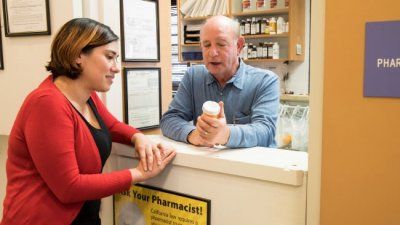
-
Archive: UC San Francisco Medical and Nursing Schools, San Francisco VA Health Care System Join National Clinician Scholars Program
UCSF is partnering with the National Clinician Scholars Program, an interdisciplinary research consortium for physicians and nurses, to drive innovation and improvements in health equity and health care.

-
Archive: UCSF's Dean Ornish on How to 'Undo' Chronic Diseases
-
Archive: A new study says the CDC inflated women’s risk of alcohol-exposed pregnancies
-
Archive: No quick fix for physician burnout, depression
-
Archive: A new 3-D printed ‘sponge’ sops up excess chemo drugs
-
Archive: Parents Often Unaware of Kids' Suicidal Thoughts
-
Archive: Life-Threatening Lung Disease Averted in Experimental Models
UCSF discovery that may lead to new treatments for people with IPF.
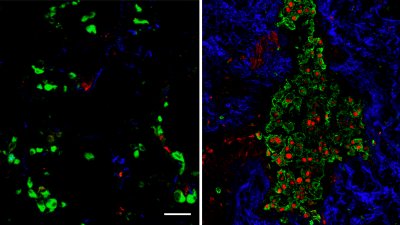
-
Archive: Drug Hobbles Deadly Liver Cancer by Stifling Protein Production
In laboratory experiments, UCSF researchers successfully beat back the growth of aggressive liver cancers using a surprising new approach.

-
Archive: California Faces A Growing Threat From The Deadliest Drug In America
-
Archive: Ultra-Sturdy Bones, with a Surprising Origin, Suggest New Osteoporosis Approach
A handful of brain cells deep in the brain may play a surprising role in controlling women’s bone density.
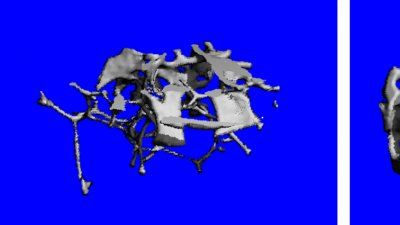
-
Archive: Calcium Specks May Help Detect Heart Disease in South Asians
Specks of calcium in the heart’s artery walls could be an important prognostic marker of early cardiovascular disease in South Asians and may help guide treatment in this population.

-
Archive: Doctor lays out need-to-know basics on vitamins, supplements
-
Archive: Virtual reality allows neurosurgery patients to ‘tour’ their own brains
-
Archive: James Fraser Selected as Bowes Biomedical Investigator
As a program investigator, James Fraser will receive $1.25 million over the next five years to support his research and teaching.
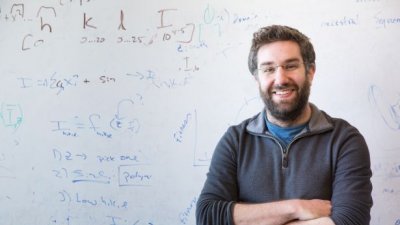
-
Archive: Henry Wachs, Award-Winning Creator of the UCSF Logo, Dies at 102
Henry Wachs, famed Bay Area graphic designer and creator of the original logo for UC San Francisco in the 1970s, died on Dec. 21. He was 102.
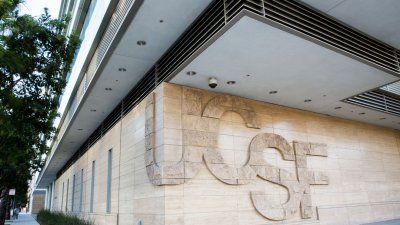
-
Archive: Why doctors are worried about the Apple Watch EKG
-
Archive: Radiation Dose in CT Scans Varies Due to Scanners’ Technical Settings
The amount of radiation that patients are exposed to from CT scans varies widely between institutions and countries, and is largely due to differences in the technical settings of the scanning machines.
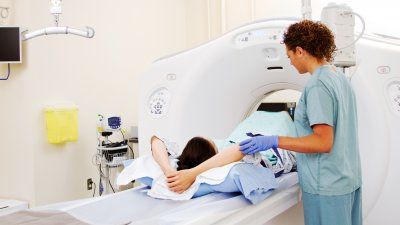
-
Archive: From Doctor to Patient, An Oncologist's Journey with Breast Cancer
-
Archive: Radiation Doses From CT Scans Vary Widely
-
Archive: For older black men, a lifesaving push for more prostate cancer tests
-
Archive: The world's oldest esports team is gaming their way to longer lives
-
Archive: Artificial Intelligence Turns Brain Activity into Speech
-
Archive: Surprise Discovery Reveals Second Visual System in Mouse Cerebral Cortex
New study shows the post-rhinal cortex, appears to obtain visual data directly from an evolutionarily ancient sensory processing center at the base of the brain called the superior colliculus.

-
Archive: Gut Immune Cells Cut Inflammation in Multiple Sclerosis
Researchers have discovered that the intestine is the source of immune cells that reduce brain inflammation in people with MS, and that increasing the number of these cells blocks inflammation entirely.

